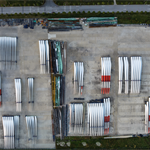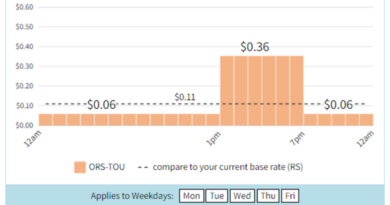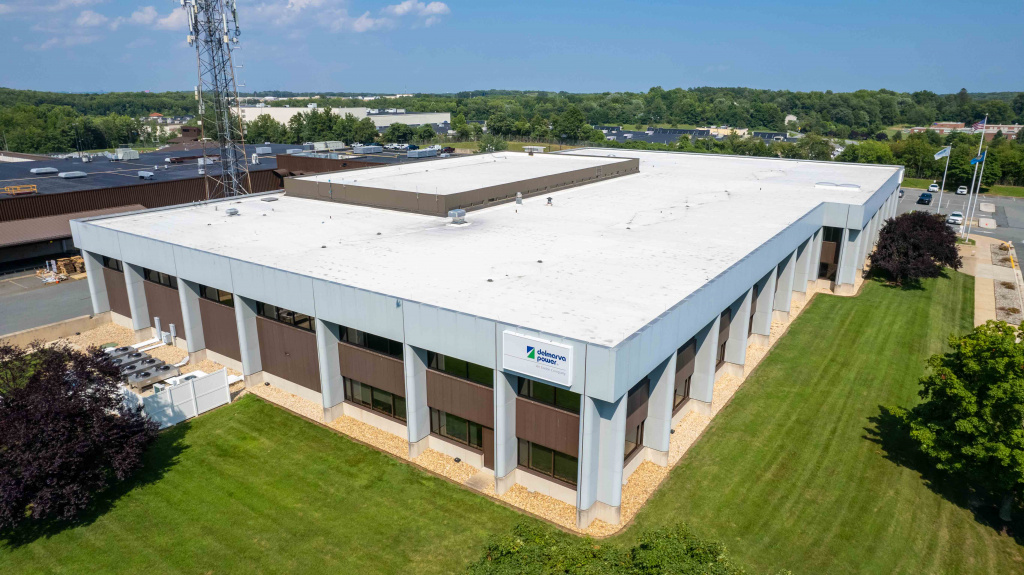The Benefits of Home Energy Efficiency – Climate Council
Energy Disrupter

A home’s energy efficiency affects how much power it uses for things like heating and cooling. The better the energy efficiency, the less power being used for the same tasks. Australian homes are lagging behind on energy efficiency measures, meaning we use huge amounts of energy to stay comfortable and use our appliances. This not only contributes to climate change, but results in expensive energy bills.
State and territory governments are well placed to make strategic investments in energy efficiency that would contribute to improved living standards for all. Some of the major benefits of state and territory governments investing in delivering healthier, more comfortable homes include:
Reducing bills for residents
- With lackluster energy efficiency standards, many Australians are living in homes that are too cold in winter and too hot in summer. This means residents are reliant on large amounts of artificial heating and cooling to stay comfortable, resulting in exorbitant and increasingly unaffordable energy bills.
- Australians have some of the most expensive energy bills in the world, so increasing energy efficiency means reducing this cost for all.
Improving health outcomes and reducing healthcare costs
- Cold living environments account for more than double the number of deaths in Australia than in much-colder Sweden, largely due to our comparatively poor housing standards. More energy efficient homes means healthier residents taking fewer days off work and school from illness, plus reduced GP and hospital visits.
- The use of household gas for heating and cooking has been linked to severe health risks, and is estimated to be responsible for 12% of the burden of childhood asthma in Australia. Gas appliances are easily replaceable with more efficient and safer electric alternatives, alleviating health risks.
Increasing resilience of the electricity system
Creating high-quality jobs in the building sector
- Energy efficiency is already a job creator in the Australian economy, and has the potential to create thousands more jobs in both cities and regional areas.
- With Australia’s existing housing stock of 9.5 million homes having been compared in the past to ‘glorified tents’, there is ample opportunity for vastly improved comfort for residents alongside this job creation.
Improving social equity and reducing homelessness
- High energy bills due to poor energy efficiency in the home can contribute to cost of living pressures and an increased risk of homelessness.
- People on low incomes, renters and social housing tenants are more likely to live in poor quality housing and rely on inefficient appliances that are cheap to buy, but expensive to run.
- Strategic investment in energy efficiency for social and low-income housing can reduce energy poverty, relieving pressure on individuals as well as the social support systems they may rely on.
Reducing greenhouse gas emissions
- Homes contribute more than 10.1% of Australia’s greenhouse gas emissions. This residential energy consumption has remained stagnant for the past two decades, lagging behind the rest of the world.
- Energy efficiency is widely recognised as one of the easiest, cheapest and fastest ways to reduce greenhouse gas emissions.
From saving money to saving the planet, energy efficiency in the home is a win-win for all involved. Climate Council is calling on all state and territory governments to urgently improve energy efficiency standards, fix outdated legislation and make investments that help households make the switch to a more sustainable and comfortable future
You can learn more about Australia’s opportunity for energy efficiency in our article “FROM GLORIFIED TENTS TO RENEWABLE POWERHOUSES: AUSTRALIA’S OPPORTUNITY FOR HOME ENERGY EFFICIENCY”. For some tips around personal home energy efficiency, you can read our article “HOME ENERGY EFFICIENCY TIPS: SAVE MONEY AND EMISSIONS”.
Original Source: https://www.climatecouncil.org.au/benefits-home-energy-efficiency/
















